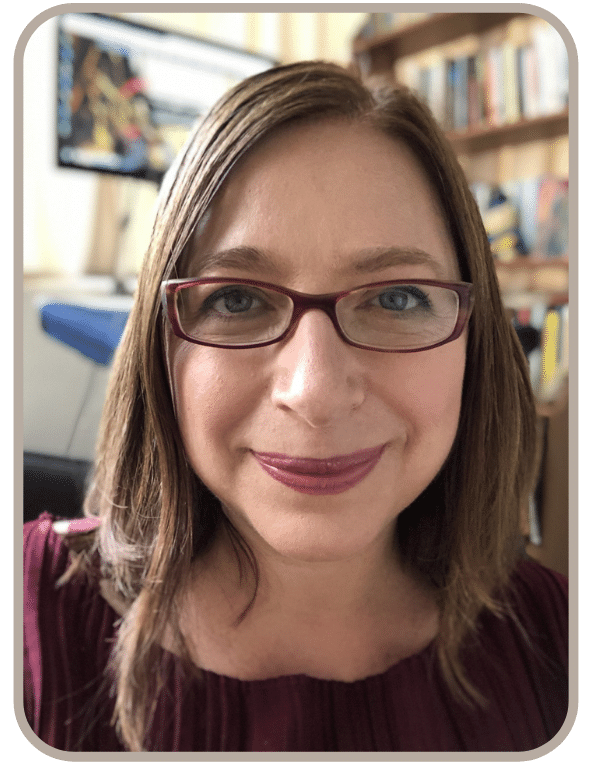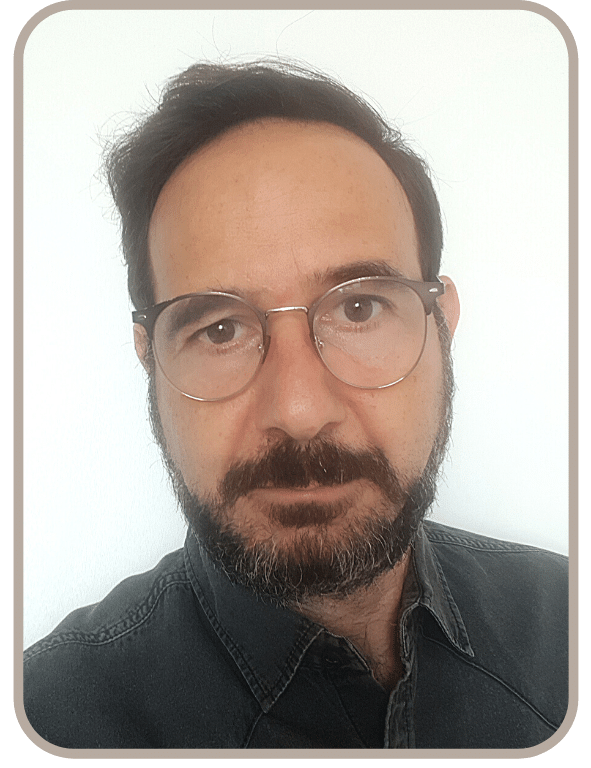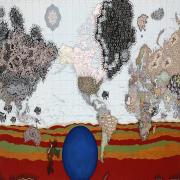Teaching Fellows
Dr. Carmel L. Vaisman - Dr. Carmel L. Vaisman is a digital culture researcher with a specific interest in the posthuman facets of contemporary media and currently working on her book "posthumanism in everyday life". She is the co-founder and organizer of the academic program of Oh-Man Oh-Machine international conferences and founder of the Israeli Critical Posthumanism salon group. She teaches the graduate methodological seminar on researching digital culture at the Cohn Institute, undergraduate seminars in the Liberal Arts international program and the multidisciplinary program in the humanities, facilitating critical reading of contemporary and futuristic technological discourses, and electives on digital discourse and religious aspects of technology. Her first book, Hebrew On-Line, co-authored with Ilan Gonen, was published in Hebrew in 2011 (Keter books). She published in journals such as Language & Communication, Visual Communication, and the Journal of Children and Media as well as edited volumes such as Digital Discourse (2011, Oxford University Press), Mediated Youth (2014, Palgrave-McMillan) and International Blogging (2009, Peter Lang). She is trained as a digital anthropologist and earned her PhD in communications from the Hebrew University in Jerusalem in 2010. For a complete list of publications, op-eds, popular talks and media interviews, visit absolutecarmel.com
Dr. Gal Hertz - Dr. Gal Hertz's field of study is the genealogy of social disciplines, and the connections between literary, legal and political knowledge in the modern German-speaking world around 1900. He completed his doctoral studies at the Cohen Institute in 2014, his dissertation examines the critique of language, identity and ideology in the work of the Viennese critic Karl Kraus. He was a Minerva post-doctorate fellow at the Center for Literary and Cultural Research in Berlin, where he worked on the project "Language Criticism as Moral Criticism - Kraus, Adorno, Arendt and Brecht." He is currently working on a book project: "Graz 1900 - Human Sciences and the Politics of Normality." He is the co-director of the "Humanities in Conflict Zones" Initiative, within the Minerva Humanities Center and the Jewish-Arab Cultural Studies Program at Tel Aviv University. In addition, he founded the Humanities Clinic.





